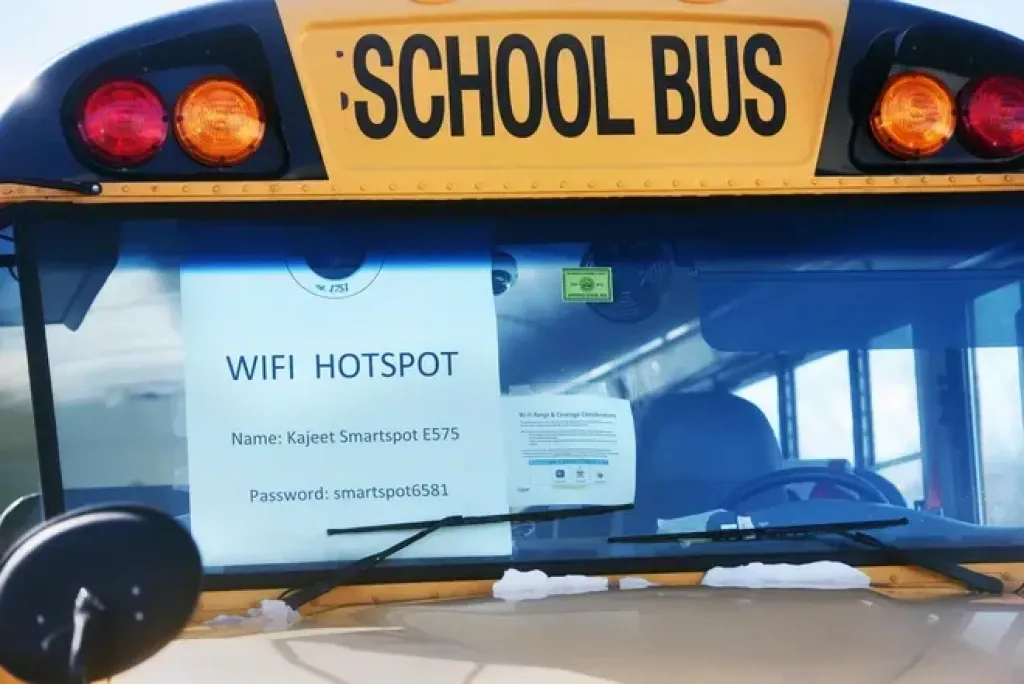T-Mobile Supports FCC’s Rosenworcel on Wi-Fi Hotspots
‘Un-carrier’ says the agency should reject Molaks' petition for reconsideration.
Jericho Casper

WASHINGTON, August 28, 2024 – On Tuesday, the Federal Communications Commission was urged to stand firm against a petition challenging its recent decision to support off-campus Wi-Fi hotspots using resources allocated for school and library connectivity programs.
T-Mobile was the first major internet service provider to publicly oppose the petition, joined by prominent public interest groups, including the Schools, Health & Libraries Broadband Coalition (SHLB), the Open Technology Institute at New America (OTI), and the Benton Institute for Broadband & Society. They collectively urged the FCC to reject a petition filed by Maurine and Matthew Molak.
The Molaks' petition specifically sought to overturn the portion of the FCC's July decision that permitted the use of E-rate funds for Wi-Fi services and equipment on school buses. They argued that unsupervised social media access on buses could be dangerous and claimed that the FCC had overreached its legal authority – an assertion they also brought before the U.S. Court of Appeals for the Fifth Circuit.
However, T-Mobile's filing countered that the Molaks’ petition overlooked critical safeguards in the FCC’s Order. These safeguards included requirements for acceptable use policies and adherence to the Children’s Internet Protection Act, designed to ensure that Wi-Fi hotspots served educational purposes and adhered to online safety standards.
The public interest groups' joint filing emphasized that the Molaks’ petition revisited issues already addressed and dismissed by the FCC. They assert that the decision fell within the FCC's statutory authority and was crucial for expanding broadband access to underserved students and library users.
The FCC’s decision on off-campus Wi-Fi hotspots passed 3-2 along party lines. While Republican Commissioner Brendan Carr criticized the decision as an example of overreach, FCC Chairwoman Jessica Rosenworcel defended the initiative as a necessary update to the definition of universal service to meet evolving needs.
Despite the Molaks' push for reconsideration of the issue, the current Democratic majority at the FCC appeared unlikely to reverse the decision, bolstered by strong support from public interest groups and the anticipated educational benefits. The FCC estimated nearly 17 million school children lack internet access at home.
Public comments on the FCC’s proposed E-Rate Eligible Services List are due Friday, with the reply comment period extending until mid-September.








Member discussion